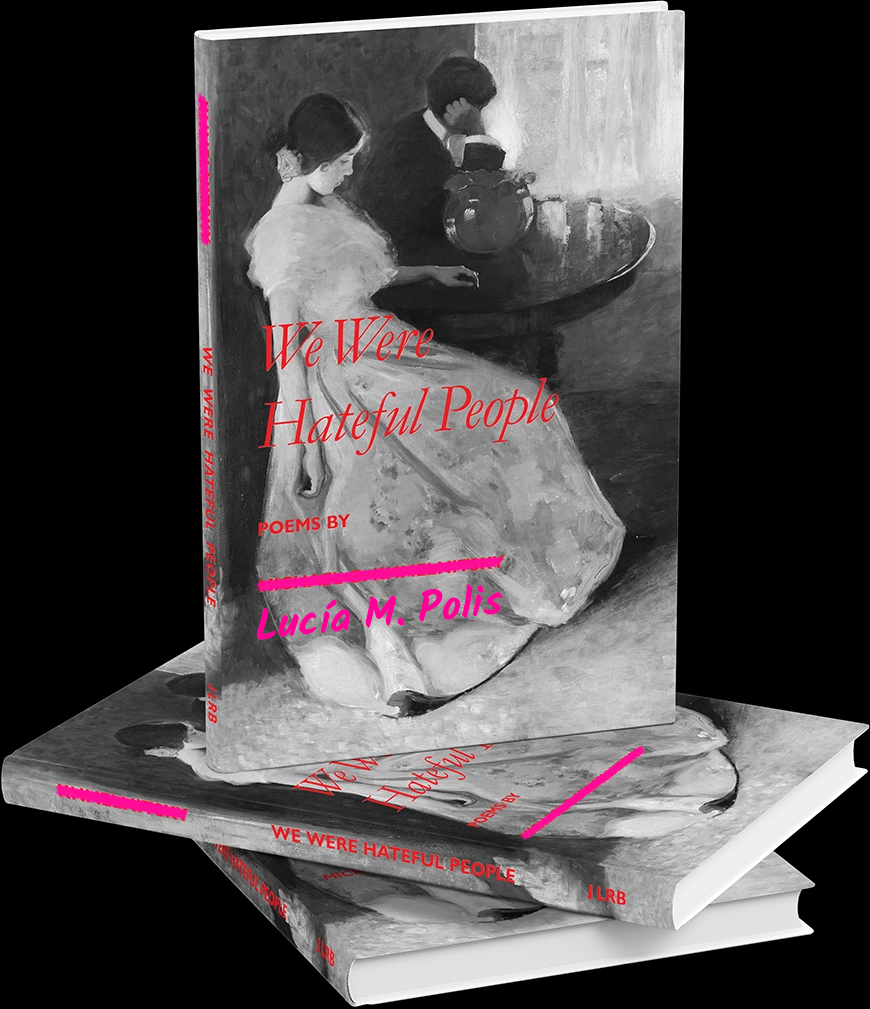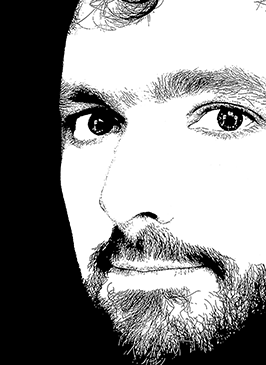📕 We Were Hateful People

This collection of poems traces five interweaving stories, or perhaps a story in five parts:
A man from a faraway land meets an impossible woman on an island. this town is small / and full of curves and hills and rises A man falls in love; a creative union forms, followed by marriage. the night is an orgasm on wheels / festooned with dirt and peonies A man faces the sound and the fury of his own mind, and another's. everything can collapse at any moment / th moist brown earth opens up & eats you A man and a woman suffer; a marital union dissolves creatively. th wife coils into a snake / th mind coils into a snake A man uses his poetic craft to make the island his own.
The poems in this book, written, compiled, and edited between 2021 and 2023, delve into and confront cultural and linguistic otherness, closeted queerness, neurodivergence, trauma, and mental illness.
In this collection, I pay tribute in content and form to the poetic and publishing practices of the 1970s, from the elegant typesetting of every letter in the print edition to the exploration of the creation, assumption, and performance of alter and subaltern egos that runs through these poems.
